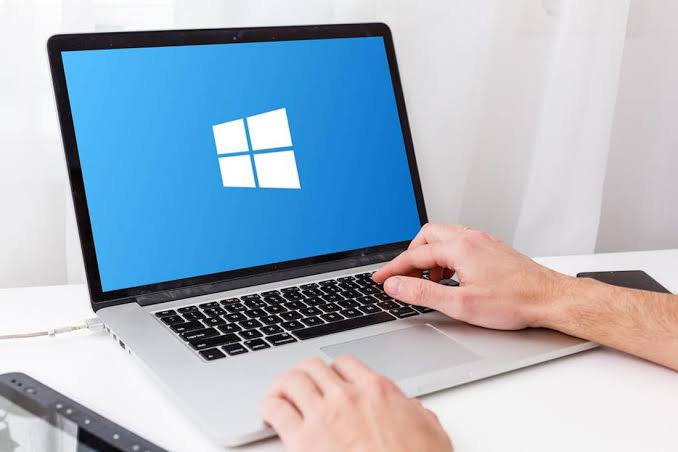Leaving your Windows laptop on all the time is a common practice for some, but it can have both advantages and disadvantages. Here are 5 reasons to consider when deciding whether to leave your laptop on or shut it down:

Reasons to Leave Your Windows Laptop On:
1. Convenience and Speed:
• Instant Access: Waking a laptop from sleep or hibernation is much faster than booting it up from a completely off state. This allows you to get back to your work or entertainment quickly.
• Background Processes: Some tasks, like cloud syncing, software updates, and backups, can be more convenient to run in the background while the laptop is on and idle.
• Remote Access: Leaving your laptop on allows you to remotely connect to it via remote desktop or similar software.
2. Software Updates and Maintenance:
• Automatic Updates: When your laptop is on, it can automatically download and install software updates and security patches, which is essential for your system’s security and performance.
• Scheduled Tasks: Background tasks like virus scans and disk defragmentation are easier to run when the laptop is always available.
3. Reduced Wear on Components (Debatable):
• Startup Stress: Some argue that powering up and shutting down can cause wear on electronic components because the power surge may cause components to heat up and cool down. However, this is a much smaller factor than in the past, as components have gotten better at managing power.
Reasons to Shut Down Your Windows Laptop:
1. Energy Savings and Environmental Impact:
• Reduced Power Consumption: Even in sleep or hibernation mode, laptops consume some power. Shutting down completely saves energy and reduces your electricity bill.
• Environmental Responsibility: Reducing energy consumption is more environmentally friendly.
2. System Stability and Performance:
• Clears Memory: Shutting down completely clears the laptop’s memory (RAM), potentially resolving memory leaks or other software issues. This can improve performance in the short term.
• Resolves Minor Glitches: A reboot can sometimes resolve minor glitches or issues that have accumulated during extended use.
• Longer Lifespan (Debatable): Some argue that allowing a laptop to fully cool down during periods of inactivity can extend component life.
Summary:
• Leave it on if: You prioritize convenience, speed, and automatic updates.
• Shut it down if: You prioritize energy savings, environmental responsibility, and occasional system stability.
A Balanced Approach:
Many users find a balance between these two options. Instead of always leaving it on or always shutting it down, consider the following:
• Use Sleep/Hibernation: Use sleep or hibernation mode during short breaks or overnight.
• Shutdown Occasionally: Shut down completely a few times a week, especially after extended use.
• Adjust Settings: Adjust your power settings to optimize performance and energy usage.
Ultimately, the choice depends on your individual needs and preferences. Consider the potential benefits and drawbacks mentioned above, then choose the strategy that best fits your usage habits.

Recent Comments